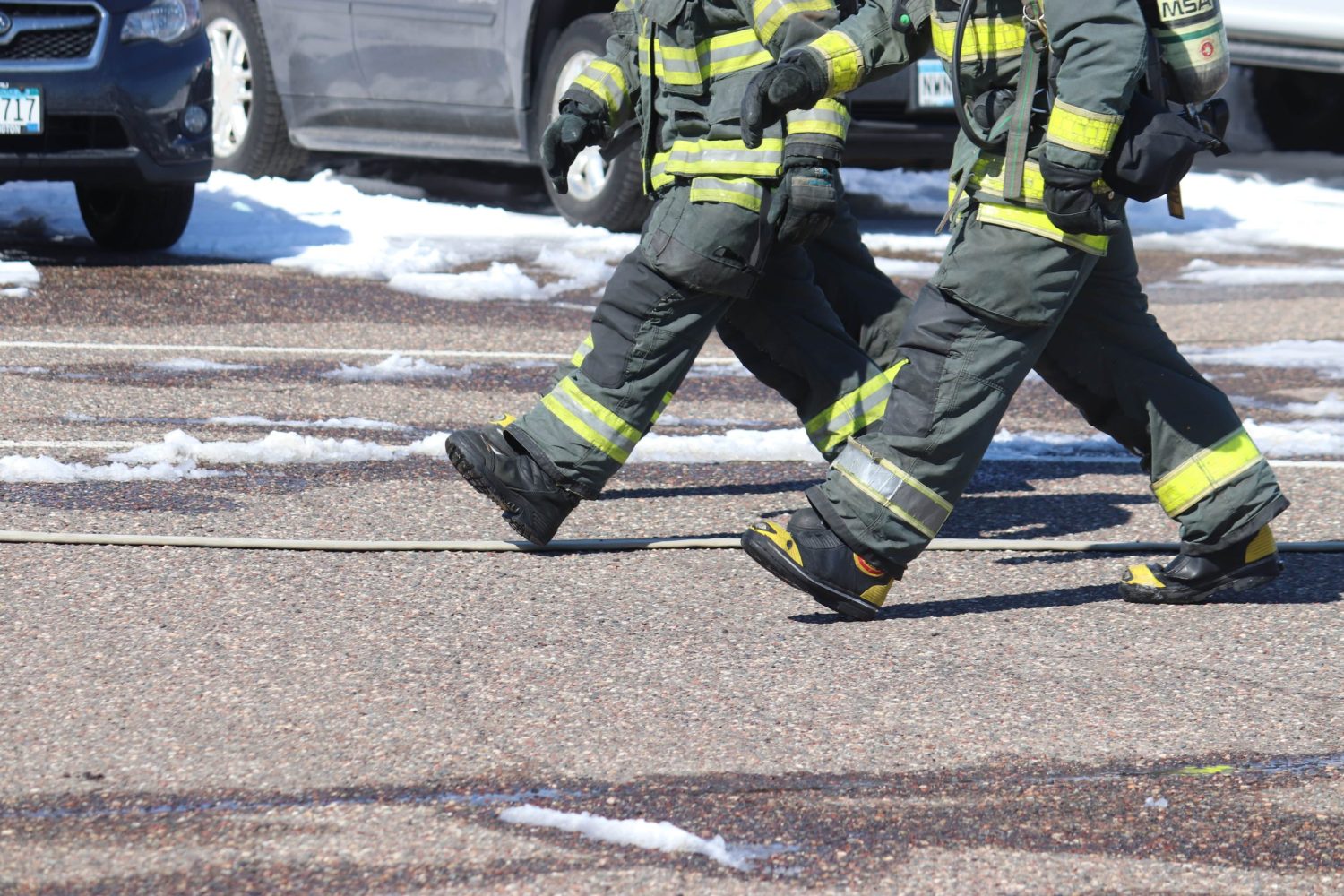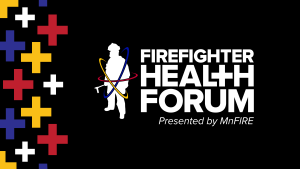Contributed by MnFIRE Mental Health Director Melinda Coscarelli, PhD, LPCC, LADC
As firefighters, you’re taught to always be prepared. Your department spends hours practicing and preparing for that moment when someone calls for help. But how do you answer the call from one of your own?
Mental health problems can come in all sizes, from a firefighter facing burnout to one who is having suicidal thoughts. With the mental demands and emotional toll of firefighting, fire service leaders must be prepared to offer support to their fellow firefighters when needed. After all, firefighters with more supportive cultures and departmental resources perceive their work environment as less stressful, which can lessen manifestations of mental health problems such as anxiety, substance abuse, insomnia and depression.
Here are a few things you can do to be better prepared.
Get trained
Fire service leaders should receive training on how to talk to their crew about mental health concerns. These situations are delicate and at times need to be handled differently than your typical calls. MnFIRE provides access to suicide prevention classes and emotional wellness deep-dive trainings. Because with proper education, you can identify the warning signs for emotional trauma and feel more comfortable having these conversations with your firefighters.
Build awareness and support
Making small changes now can help build a stronger foundation to stand on later. Put up posters around your department with messages and tips for managing different symptoms such as sleep deprivation or moodiness. Posters can be placed in prominent areas like the kitchen, or more discrete locations such as the restrooms. MnFIRE also offers educational materials on resources to help, which show MnFIRE’s free helpline for getting support 24/7.
While a few posters or brochures won’t change the fire service culture, having them visible and accessible can be helpful to someone suffering in silence and start building awareness for the support that’s always available to them.
Be proactive
Several departments have started doing regular check-ins with their crews. A good time for doing this is at roll call or shift changes. It can be as simple as asking your crew to rate their current mental status on a scale of one to 10, with 10 being mentally maxed out. If one of your firefighters is at a seven or higher, pull them aside and ask them what you can do to support them. A simple check-in adds accountability and shows the crew that you genuinely care.
It’s also helpful to develop a safety plan for your department so you know what process to follow to de-escalate any type of crisis situation.
Stay calm
If a mental health emergency does arise, stay calm. Ask the firefighter what you can do to support them through their difficult situation. Steer clear of offering advice, but rather listen and empathize.
Be attentive
Taking a class like MnFIRE’s emotional wellness training or the suicide prevention skills training we put on for our peer supporters can be very beneficial to learning warning signs for someone in distress. Non-verbal and verbal language both give clues about when a firefighter’s mental health may be starting to decline, or they may even become suicidal. It is best to recognize these signs before they escalate into a dangerous situation.
Call MnFIRE
If you don’t feel prepared, know that we are. The MnFIRE toll free number is staffed by masters-level clinicians all day, every day. From one-on-one calls to department debriefs, during the middle of a crisis or after a tough call, we are here for you. Don’t hesitate to use this free, confidential resource available to all full-time, part-time, on-call and volunteer firefighters in Minnesota. Just call 888-784-6634.








